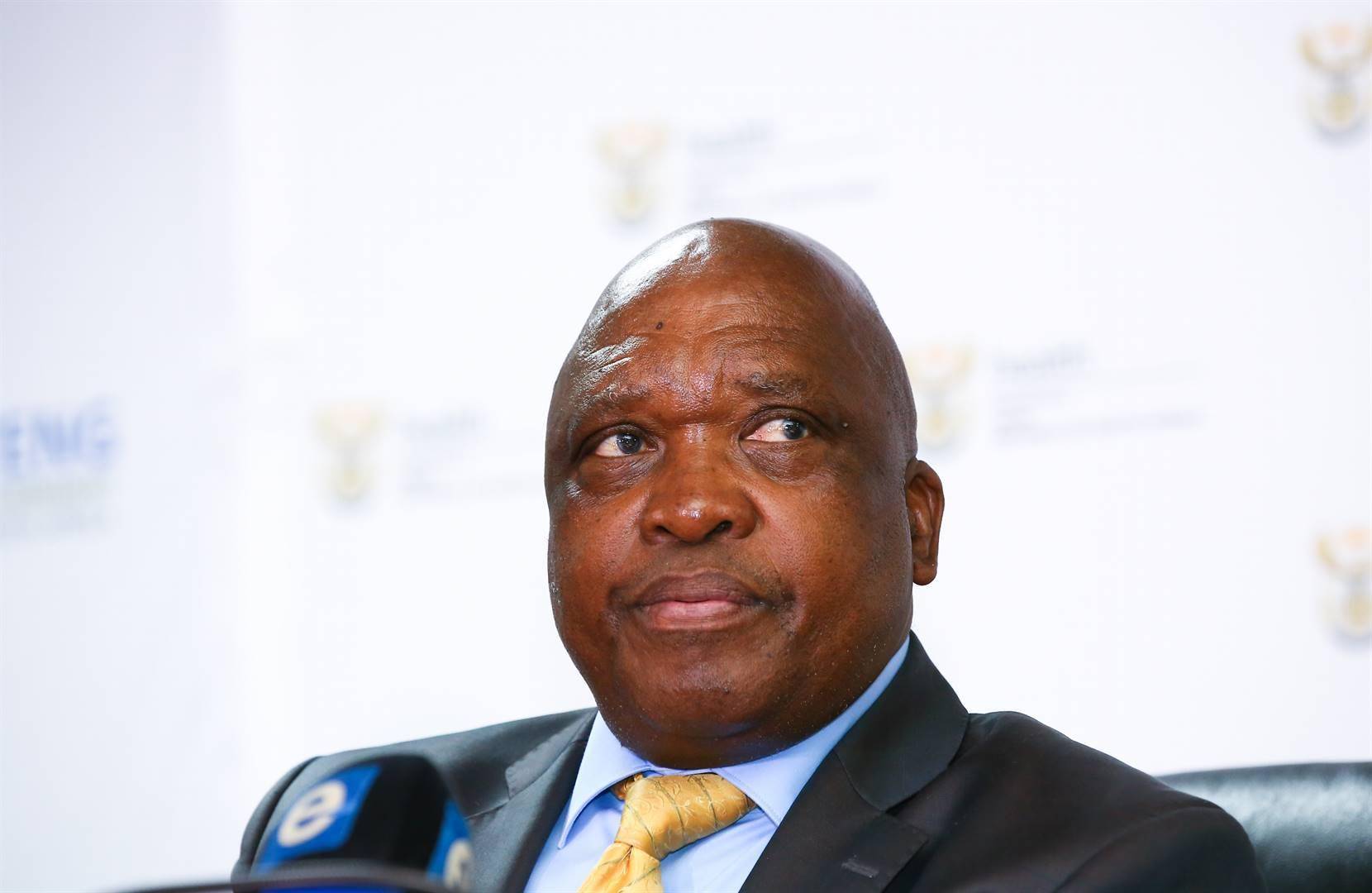
Minister of health Dr Joe Phaahla says inequality remains the biggest challenge to the health system, and it is threatening the sustainability of health care for everyone in the country.
He says expenditure on health in the private sector remains unabated while public sector allocations are reduced, thus widening inequity.
He adds:
Phaahla was a guest speaker during a two-day conference of the SA Primary Health Care at the East London International Convention Centre. The deputy minister of the health department, Dr Sibongiseni Dhlomo, was also in attendance, as well as almost 350 delegates representing all nine provinces, provincial MECs for health, and Dr Matshidiso Moeti, the director of the World Health Organization in the African region.
READ: A dysfunctional public health system is not inevitable
The conference, which took place on 15 and 16 November, is meant to reflect on and review the country’s journey towards the ideals of primary health care over the last 30 years of democracy and also discuss the pivotal role of primary health care in achieving universal health coverage in South Africa by 2030.
READ: SAHRC: Many children dying of severe malnutrition in SA
Phaahla said in the first 15 years of democracy, the country had significantly grown the number of people who used primary healthcare services, adding that in 2013, 120 million visits to primary healthcare facilities were recorded.
He added:
He said the programme brought some relief to primary health care, facility staff and community members for whom waiting time in queues had been shortened.
The minister stated that community health workers in South Africa contributed positively to the success of the central chronic medicine dispensing and distribution programme, adding:
According to the department of health, primary health care is the most inclusive, equitable, cost-effective and efficient approach that is accessible to most individuals and families in communities to enhance their physical and mental health, as well as social wellbeing. This is the reason almost 86% of the population depends on primary health care in South Africa.
Phaahla said there was no better time than now for South Africa, Africa and the world to implement universal health coverage to strengthen health systems.
He said within the district health system, they had set up primary health care services in communities through mobile clinics, clinics and community health centres, as well as higher levels of hospital care if required.
He stated their community-based services included the community health worker programme, school health programme, environmental health services and the central chronic medicine dispensing and distribution programme.
READ: Global health crisis lays bare imbalances and inequality
The minister highlighted that he was also aware that security services at primary health care and other facilities had become a costly challenge, which resulted in high levels of stress for health workers.
He said:
National department of health spokesperson Foster Mohale emphasised the significant role of strong primary health care in South Africa’s pursuit of universal health coverage through national health insurance.
Mohale said:




 Publications
Publications
 Partners
Partners









